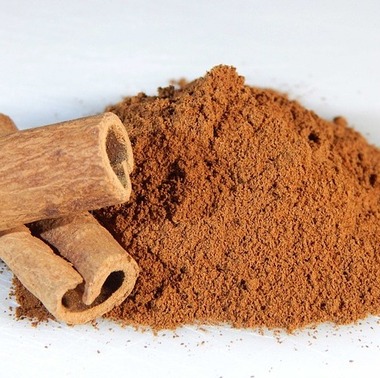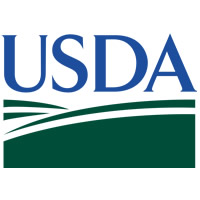

The FDA has announced steps it is taking to address concerns about elevated lead levels in cinnamon, including a latter to industry, consumer warnings, calls for voluntary recalls and pursuit of additional authority from Congress.

The FDA has announced steps it is taking to address concerns about elevated lead levels in cinnamon, including a latter to industry, consumer warnings, calls for voluntary recalls and pursuit of additional authority from Congress.

Working towards compliance with a third-party audit requires significant preparation. An NSF food safety auditing expert reveals common mistakes and best practices.

The benefits of an integrated food safety management system — including cost efficiency, simplified compliance, enhanced food safety, global market access, improved collaboration, and adaptability to emerging challenges — far outweigh the implementation challenges. But there is much work to do.

The new guidance, offered in a Q&A format, is intended to help manufacturers and distributors of new dietary ingredients (NDIs) and dietary supplements prepare and submit new dietary ingredient notifications (NDINs) to the FDA.

Levee will lead the company’s food safety team and support its new retail foodservice business, McLane Fresh.

The FDA announced that, following completion of a voluntary phase-out, grease-proofing substances containing PFAS are no longer being sold for food packaging in the U.S. According to the agency, these substances represent the primary source of dietary exposure to PFAS.

Digital quality management solutions reduce the risk of food safety breaches and contamination events, and they are becoming increasingly accessible. Following, we look at the most effective technologies and what the industry is learning about when and how to incorporate technology into their food safety and quality systems.

Dairy products can become tainted at every stage in the production process, and microbial contamination remains a long-standing pain point for the industry. However, a handful of emerging technologies may help make microbial contamination events a thing of the past.

In 2023, FSIS investigated six outbreaks. Three were caused by Salmonella, two by STEC (serogroup O157:H7), and one investigation involved a report of botulism.

The New York Times reports that “hundreds of American children were poisoned last year. Records show how, time and time again, the contamination went unnoticed.” This is misleading.